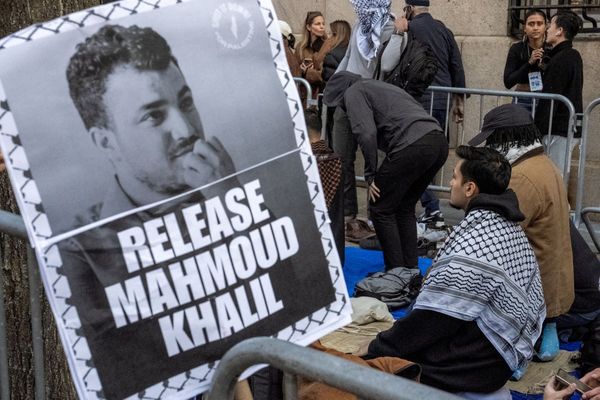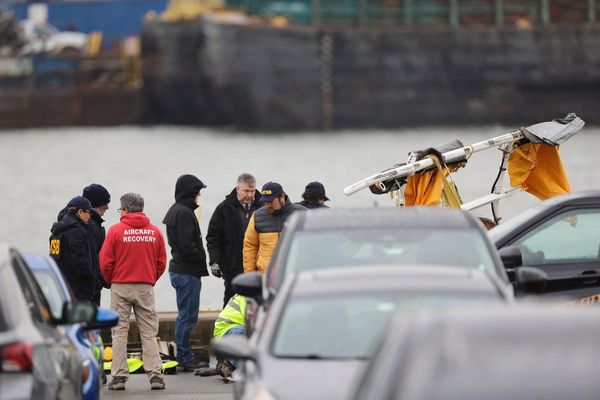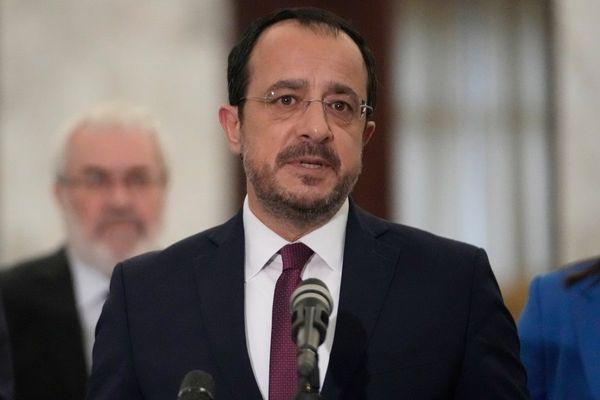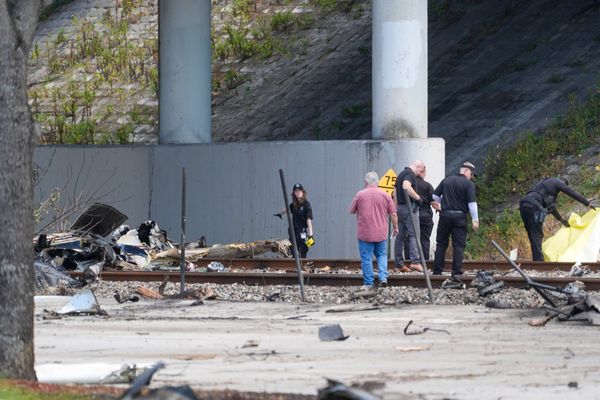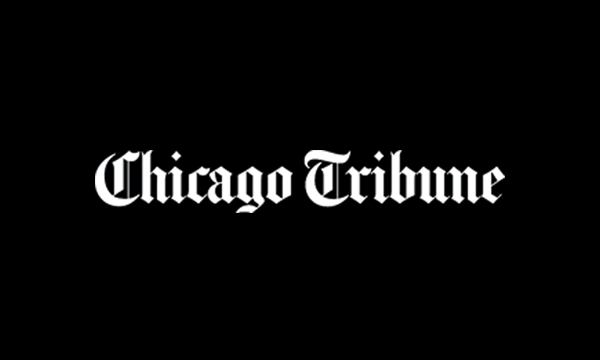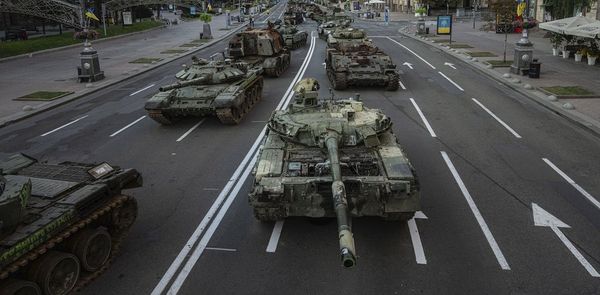On February 24, Ukraine resident Olga Polotska took shelter in her central Kyiv flat.
The Russian President Vladimir Putin had begun his war and she could hear explosions nearby.
Her life had changed in a moment.
"That's going to be the end of everything," she told the ABC News Daily podcast within hours of the first exchange of fire.
"The country has changed."
Ms Polotska is the director of the National Research Institute of Ukraine. Six months on, she is constantly on edge.
"The physical reaction to any loud sound at the moment is that all of us just immediately jump, even if something falls down on the floor in the kitchen," she said.
"From the psychological point of view it's very complicated," she said.
On the day the war erupted, Olga spoke of the frustration at knowing the gains Ukraine had made as a member of the European community would be lost.
"We started developing many things, we started reforming many things, even tourists started visiting," she said.
Six months later, Olga said there were no tourists anymore and she now spends her days worried someone she knows will die.
"Sometimes I personally get paralysed as soon as I read about a new explosion and new murdered civilians … That happens every day," she said.
"It's difficult understanding that literally now your friends, acquaintances, your ex-colleagues might be murdered."
Fears of an attack on Independence Day
At 8 o'clock in the morning on February 24, in a televised address to Russians, Mr Putin announced the start of the war.
He called it a "special military operation'' that in part would "pursue the demilitarisation and denazification of Ukraine".
That was six months ago on Wednesday, which was also the Independence Day of Ukraine, marking 31 years since the end of Soviet rule.
For days, the Ukrainian President Volodymyr Zelenskyy had been calling for vigilance ahead of the occasion, saying the Kremlin could try "something particularly cruel".
Then, on Wednesday, Russian forces launched a lethal rocket attack on a train station in Chaplyne, a small town in eastern Ukraine, according to a video from President Zelenskyy to UN Security Council.
At least 22 people were killed and at least 50 more injured.
The President's office also reported that an 11-year-old child was killed by rocket fire earlier in the day in the region.
Olga is worried the attacks may continue after Independence Day.
"People are discussing the aggravation of hostilities," she said.
"We are all expecting some provocations.
"You know, just the mentality of the Russian Federation, well, it makes us all nervous."
A grim milestone
Professor Samuel Greene, a former Moscow resident and Russia expert also spoke to the ABC's podcast just after President Putin's address had aired in February.
"I admit, I'm a bit shell-shocked," he said at the time.
But he said it was clear early on that the war was not going to plan for President Putin, who had wanted to achieve victory within days.
"We saw an article that was published, and then very, very quickly taken down, about two or three days into the war, essentially declaring victory and talking about what the future would look like now that Russia controlled all of Ukraine," he said.
"Of course, nothing could have been further from the truth."
Professor Greene is an expert of Russian politics at King's College London and a director at the Centre of European Policy Analysis.
He said the fright of the initial days, and the fear that the capital Kyiv might fall, dissolved quite quickly.
"Russia had gotten itself into quite a bit of trouble," he said.
"The withdrawal from around Kyiv, the withdrawal from around Kharkiv in the north-east were very important moments in terms of really underscoring exactly how hard Ukraine was going to fight and the success that it could achieve."
He said Russia now controlled around 20 to 25 per cent of Ukraine but it's now much more a war of attrition.
"This is no longer the kind of positional war that I think we were seeing in the early days when the question was, you know, is Kyiv going to fall? Is Kharkiv going to fall? Is Odessa or other major cities going to fall?" he said.
"It's becoming a lot less about the territory that's controlled and a lot more about the price that can be extracted from Russia and the Russian economy and the price that Russia can try to extract from Ukraine and the Ukrainian economy."
On whether the war could escalate further to include the use of nuclear weapons, as President Putin has threatened, Professor Greene said there was always a risk.
But he added it was unlikely unless the Russian leader felt there was an existential threat to the Russian mainland.
As the war grinds on, he said the pressure would grow on Western nations to further beef up support of Ukraine, which could provoke Putin to respond.
"That might mean the kinds of things we've ruled out before, trying to enforce no-fly zones or providing new kinds of weapons and new kinds of infrastructure that would really challenge the Russian military in new kinds of ways," he said.
"And I think people will be asking questions about what that would provoke in terms of a Russian response."
Olga Polotska had hoped the war would be short-lived but is now resigned to a long and gruelling battle.
"We have got rid of those naive hopes. We have stopped asking the question 'when is it going to end, when it's going to be over?'" she said.
"The question is about what price we are going to pay for our victory.
"The main priority is to be able to save as many lives of Ukrainians as possible."

